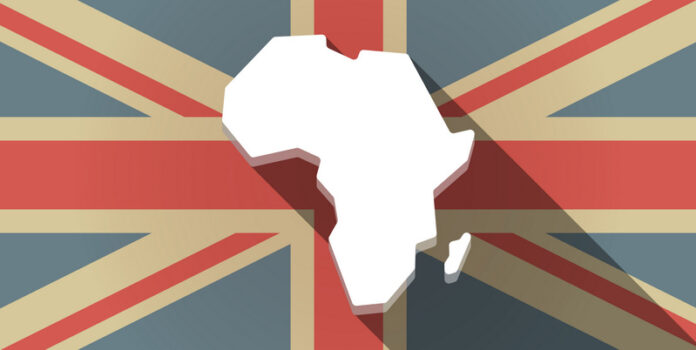As confusion continue to trail Brexit, the UK has explained to Africa that the reform is an opportunity not a threat.
The opportunity comes as Britain poised to improve on existing EU trade agreements and invest billions in African growth.
The UK’s trade commissioner for Africa, Emma Wade-Smith, said billions would be invested in African growth.
“By 2022, our ambition is that the UK will be the largest G7 investor in Africa, with our private sector companies taking the lead in investing the billions that will see African economies growing by trillions,” Wade-Smith told The Africa Report.
Trade between Africa and the UK is growing, says Wade-Smith, a former diplomat who was appointed Her Majesty’s Trade Commissioner for Africa in June 2018.
She has been based in South Africa since 2016, and set up the Department for International Trade’s (DIT) pan-African regional trade team in April 2017.
Citing figures from the Office for National Statistics (ONS), she says UK-Africa trade increased 7% to £33.1bn in 2018. On a visit to Africa in April, foreign secretary Jeremy Hunt announced British business deals in Ghana and Nigeria worth £82m ($108m).
After two postponements, the date for the UK to leave the EU (“Brexit”) is now set for 31 October.
Until then, “we remain a full member of the European Union and therefore do not have the ability to set our own trade policy,” Wade-Smith says.
The City of London will play an increasingly large role in financing Africa’s growth over the coming years, Wade-Smith argues, citing the example of Ghana’s Quantum Terminals, which in 2018 listed bonds on the London Stock Exchange.
Industries such as Kenyan floriculture, Wade-Smith says, will be unaffected by Brexit.
Current sanitary standards for food, animal and plant products will be maintained, she says.
“The Withdrawal Act will convert EU law into UK law as it applies to these products, with the amendments necessary to make them operable.”
More




